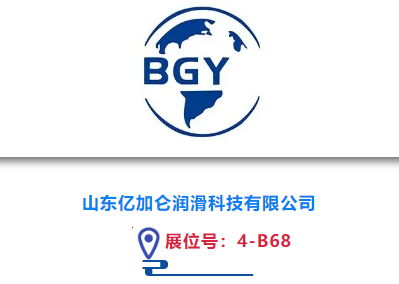
World Refrigeration Day, celebrated every year on 26 June, pays tribute to refrigeration technology. This year’s motto is ‘Next Generation Cooling: The Future is in our hands.’ Refrigeration, air conditioning and heat pump technology is an industry of the future. It offers diverse career prospects with a variety of occupational profiles as well as innovative technologies.
‘The need for cooling will remain in demand despite global warming,’ says David Ziegler, certified Refrigeration System Engineer and Junior Application Engineer at BITZER. It’s why he continues to see his professional future in the economically robust refrigeration, air conditioning and heat pump industry. At BITZER, he has carved out a career path that is also sought out by Generation Z: he pursues meaningful work – activities with a ‘purpose’ that have a positive impact on society as a whole as well as the environment. According to Ulrich Harm, Director Human Resources at BITZER, the globally operating specialist in refrigeration, air conditioning and heat pump technology, ‘Sustainability is increasingly a key topic in our job interview process. It’s an issue that concerns all generations, regardless of their potential field of work in the company. When we ask candidates why they want to work with us, a common response nowadays is that they see how committed BITZER is when it comes to sustainability and energy efficiency.’
Green is not just the company’s corporate colour; it is an integral component of the BITZER ethos: sustainability is at the core of the company’s work when developing and manufacturing products and implementing processes.
Right from the outset of discussions surrounding the depletion of the ozone layer in the 1980s, BITZER has focused its efforts on developing compressors for natural refrigerants with low global warming potential. BITZER has been manufacturing compressors for naturally occurring refrigerants, such as propane (R290) since 1987, ammonia (R717) for even longer, and CO₂ (R744) for more than 20 years. What’s more, it has continued to optimise these refrigerants through the years.
The newest large-scale ammonia screw compressors, for example, are the most efficient in their performance class. In addition, the company is always working on new, even more efficient capacity controls of its products by increasingly developing and integrating electronics and software to further reduce the energy consumption of its refrigeration and air conditioning systems.
BITZER also ensures efficient use of the resources needed to manufacture its products. Solar panels on the roof of the Rottenburg-Ergenzingen site, in Germany, generate an output of two megawatts. Together with a combined heat and power system and an in-house developed, produced and operated ORC (Organic Rankine Cycle) system, which generates power from waste heat, the site can supply over 60 per cent of the electricity it requires itself. If the newly acquired wind turbine – located near Rottenburg-Ergenzingen – is taken into account, the BITZER factory can produce over 65 per cent of its own electricity in the future. A part of the electricity generated flows directly into the charging stations for electric vehicles.
Ulrich Harm: ‘There are many examples that prove we’ve been working on our climate-neutrality goals for several decades now. We continually optimise our products and processes and encourage our employees to walk this path with us – so that together we can do our part in upholding an industry that has its eyes firmly set on the future.’
Early integration ensures long-term wins
Anyone deciding to take up a job in the refrigeration, air conditioning and heat pump industry today can make a significant contribution to doing business in a sustainable manner. The challenges facing the refrigeration and air conditioning sector are great and the professional prospects are plenty.
To initiate contact with the ‘Next Generation Cooling’ and to arouse the interest of young talent in its areas of expertise, BITZER has put several measures in place. A key player in its recruitment efforts is the company’s own international training centre, the SCHAUFLER Academy, through which BITZER maintains close relationships with institutes and vocational schools who train potential skilled workers. BITZER supports these schools with learning material and practical training courses.
Internships, dissertations and work placements provide additional opportunities to take a deep dive into the world of refrigeration, air conditioning and heat pump technology at BITZER. THE SCHAUFLER FOUNDATION, of which BITZER is a majority stakeholder, also promotes research opportunities in the industry through endowed professorships and international student exchange programmes.
A stint abroad as part of the programme is a distinct advantage that BITZER, with its international operation across 75 locations in 40 countries, offers.
David Ziegler is as enthusiastic about his work in the refrigeration, air conditioning and heat pump industry as he was on his first day four years ago. It’s because BITZER is constantly growing and developing in the face of the challenges posed by climate change and an increasing awareness for the environment. ‘Not to mention, I find the industry “cool” because it’s so omnipresent in all our lives,’ says David Ziegler. ‘A keen interest in the sciences and refrigeration technology is essential when starting out. For example, if you’re someone that wonders how fresh vegetables from South America end up on supermarket shelves in southern Germany or how ice rinks stay frozen during the summer, then the chances that you’re in a field where you feel at home and can grow professionally are very high,’ says David Zielger.
For more about World Refrigeration Day, please see www.worldrefrigerationday.org. To stay up to date on all the news regarding this year’s celebration, follow us on social media with the hashtags #NextGenCooling and #WREFD23.






















